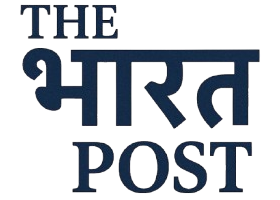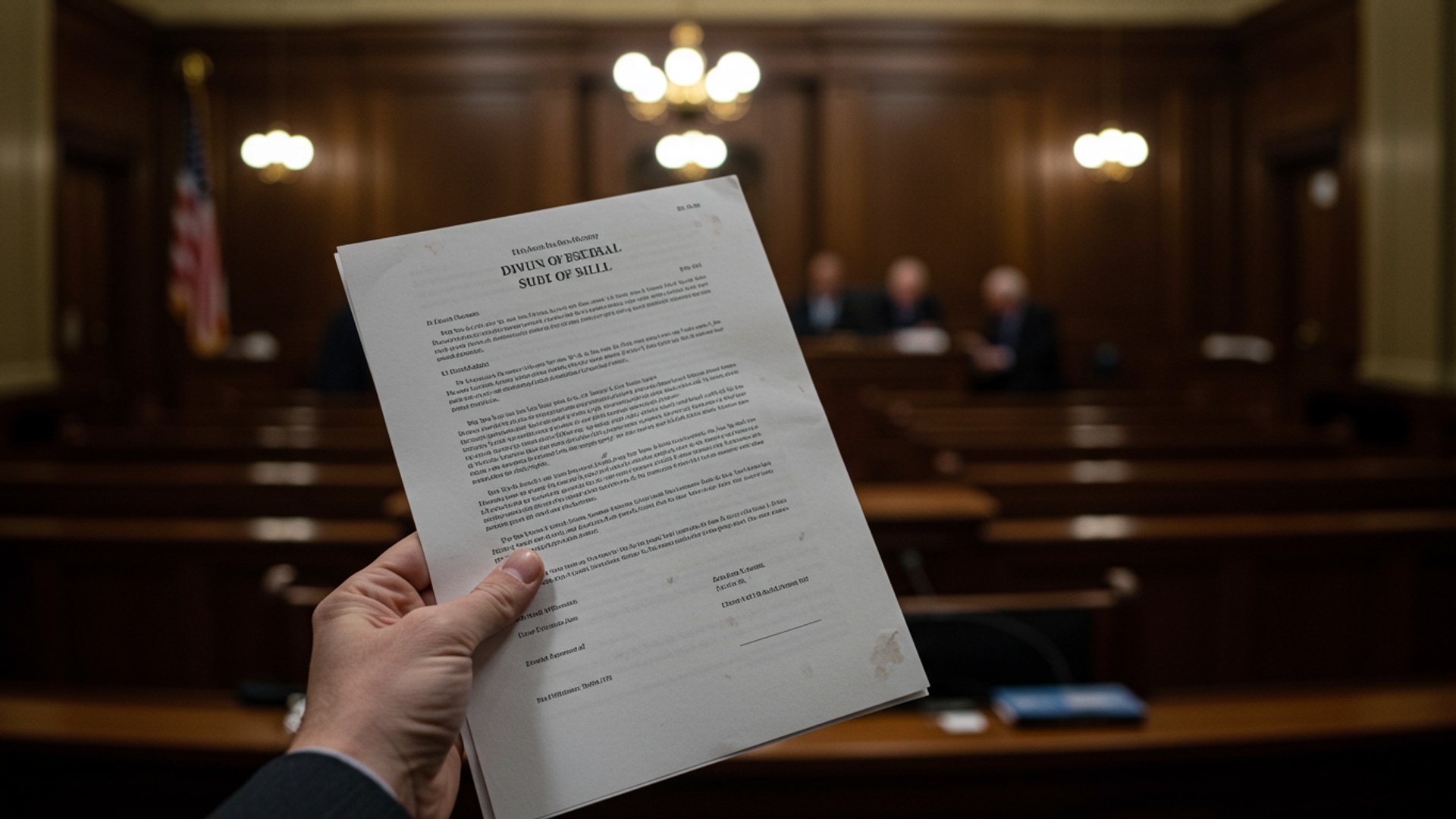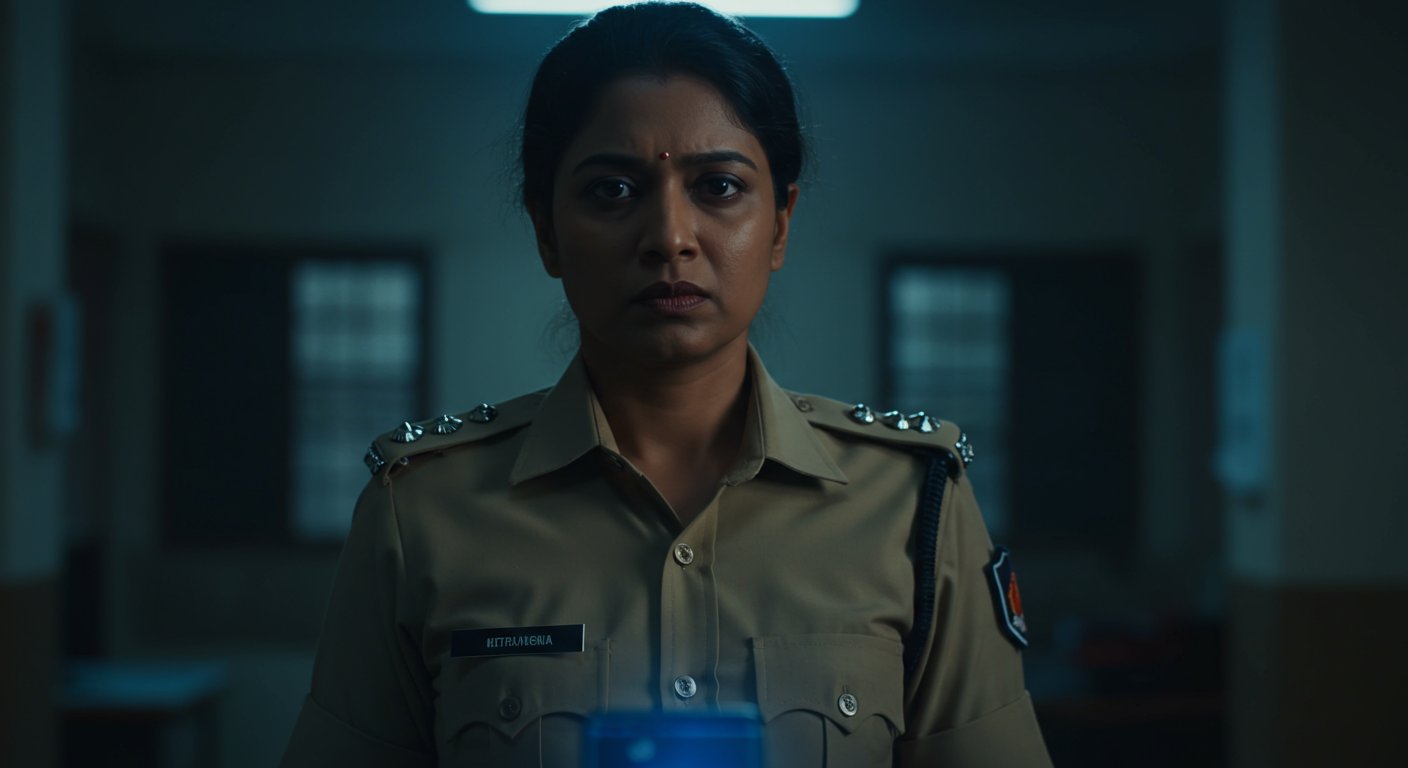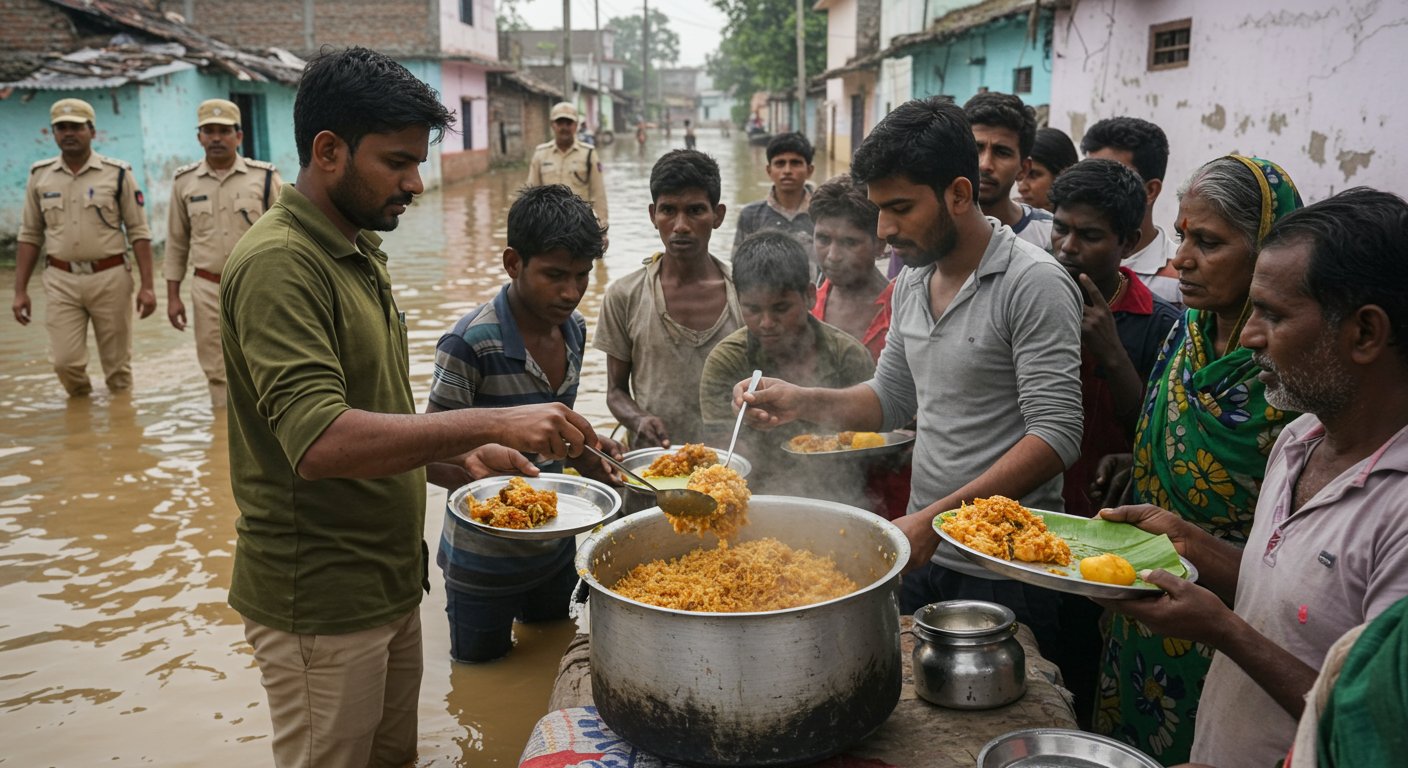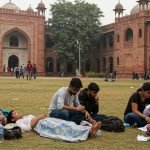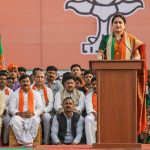Concerns are growing fast across Maharashtra as a new Security Bill faces strong public protest and expert criticism, sparking immediate worries about basic human rights. People widely fear the proposed law gives police too much power, seriously risking privacy and freedom for ordinary citizens. This critical debate unfolds right now, as lawmakers push the bill forward, leading to urgent calls from rights groups to protect citizen liberties from potential misuse. The future of democratic freedoms hangs in the balance as this controversial bill moves through the state’s political process, creating widespread alarm.
Why a New Security Bill?
The state of Maharashtra recently moved forward with the Maharashtra Special Public Security Bill, 2024. The government says this new law is needed to fight what it calls “urban Naxalism” and the growing influence of certain groups in cities. Officials believe that existing laws, like the Unlawful Activities Prevention Act (UAPA) and the Maharashtra Control of Organised Crime Act (MCOCA), are not enough to deal with these modern threats. The government points to data suggesting that Naxal groups are finding support and hiding places in urban areas through other organizations. It states that such groups are trying to cause unrest and promote armed rebellion against the established government. Maharashtra is not the first state to bring in such a law; Chhattisgarh, Telangana, Andhra Pradesh. Odisha already have similar public security acts to control such activities.
Key Rules of the New Bill
The Maharashtra Special Public Security Bill, 2024, introduces several strong rules. One major point is that the state government can officially call any organization “unlawful” based on what it does. The Bill lists various actions as “unlawful,” including being a member of such groups, collecting money for them, managing their operations, or helping with their activities. The law sets punishments that can include jail time for two to seven years and large fines. A significant part of the Bill states that all offences under it are “cognizable” and “non-bailable”. This means that police can arrest someone without needing a warrant. getting bail can be very difficult. The Bill also allows the government to take control of. even seize, property and money belonging to organizations declared unlawful. This can happen without a judge’s prior approval. Another major concern is the broad way the Bill defines “unlawful activity.” It includes speech, hand movements, or any other signs that might “interfere with public order or cause concern”. It also covers “preaching disobedience to established law and its institutions”. Critics argue that these definitions are too wide and could apply to many everyday actions. The Bill also states that government officials acting “in good faith” will be protected from legal action.
Worries About Basic Rights
Many groups, including civil society organizations, legal experts. opposition political parties, have raised serious worries about the Maharashtra Special Public Security Bill, 2024. They say the Bill could put basic human rights at risk. A major concern is that the broad definitions of “unlawful activity” might be used to stop peaceful protests, criticism of the government. even the work of journalists. This could make people afraid to speak freely or gather in groups, a situation often called a “chilling effect” on free speech. There are also fears that the Bill could be used unfairly against activists, reporters, political opponents, farmer groups. student organizations. Critics say that the term “urban Naxalism,” which the Bill aims to counter, has no clear legal meaning and is often used for political reasons. Legal experts point out that punishing someone just for being a member of or having sympathy for a group, without proof of them causing violence, goes against basic freedoms. Another key concern is the Bill’s limited judicial oversight. While it sets up an Advisory Board to review decisions about declaring organizations unlawful, many question how truly independent this Board will be, as its members are chosen by the government. Lower courts are also prevented from hearing cases under this law, making it harder for people to get quick legal help. Appeals to the High Court are limited to only two types of orders: declaring an organization unlawful and seizing its money. Critics argue that these provisions go against the principles of fairness and the separation of powers between government branches. Some have even compared the Maharashtra Special Public Security Bill to the Rowlatt Act, a colonial-era law that allowed imprisonment without trial, widely criticized for suppressing political disagreement.
Voices from Different Sides
Civil society groups and lawyers have highlighted specific sections of the Bill that they believe violate human rights or are too vague.
“This is a draconian anti-constitutional proposed law. Maharashtra follows Jammu & Kashmir, Chhattisgarh and Odisha to table a third and draconian law avowedly to tackle ‘urban Naxals’ not a legally defined but a politically stigmatising term used by proto-fascist forces to criminalise protest and dissent, jail writers, academics, activists, Opposition leaders, etc. ,” stated activist Teesta Setalvad.
The People’s Union for Civil Liberties (PUCL) noted that the Bill’s penalties are “arbitrarily defined” and that taking possession of property can happen “without notice or opportunity of hearing”. Concerns have also been raised about the Bill’s similarity to existing national laws like the UAPA, leading some to question why a new law is needed when others already address terrorism and Naxalism.
“The Bill seriously imperils the freedoms enshrined under Article 19(1)(a) and 19(1)(c) of the Constitution, the freedom of speech and expression. the freedom of association. The Bill assumes that the individual may be punished for membership of, or sympathy towards a group that the State considers dangerous, without the individual ever having participated in, incited violence or illegal activities,” one analysis pointed out.
Opposition parties, including Nationalist Congress Party (SP) president Sharad Pawar, have voiced strong concerns, saying the Bill could “trample on the people’s freedom of expression”. Other leaders have questioned if student groups or farmer organizations protesting peacefully could be affected.
Government’s Promise of No Misuse
The Maharashtra government has defended the Maharashtra Special Public Security Bill, 2024, as an crucial tool for public safety. Chief Minister Devendra Fadnavis, who introduced the Bill, has stated that it is a necessary step to counter the growing influence of Maoist-linked groups in cities. He clarified that the law is not aimed at political parties with different beliefs. at “organisations whose motive is to demolish the established institutions of our country”.
“I assure the House that we will not allow the misuse of this law. I request the House to pass this Bill unanimously,” Chief Minister Devendra Fadnavis said during discussions.
He also assured that the Bill would not be used against democratic and peaceful protests or against journalists. The government has noted that it considered over 12,300 objections from civil society groups and social organizations. Following these objections, a joint select committee made some changes to the Bill. For example, the objective was narrowed to target “unlawful leftist or hardline activities,” and it was clarified that only organizations, not individuals, could be prosecuted under the law.
What Happens Next
The Maharashtra Special Public Security Bill, 2024, has been passed by both the Legislative Assembly and the Legislative Council. As of mid-August 2025, the Bill awaits the Governor’s approval to become a full law. The debate continues, with civil society groups like Amnesty International India openly appealing to the Governor not to sign the Bill, citing its potential to criminalize disagreement and bypass basic rights. Despite some changes made by the joint select committee, critics are still not fully convinced, arguing that the language remains vague and the potential for misuse remains. The situation highlights the ongoing discussion between ensuring public safety and protecting individual freedoms in a democratic society. ![]()
